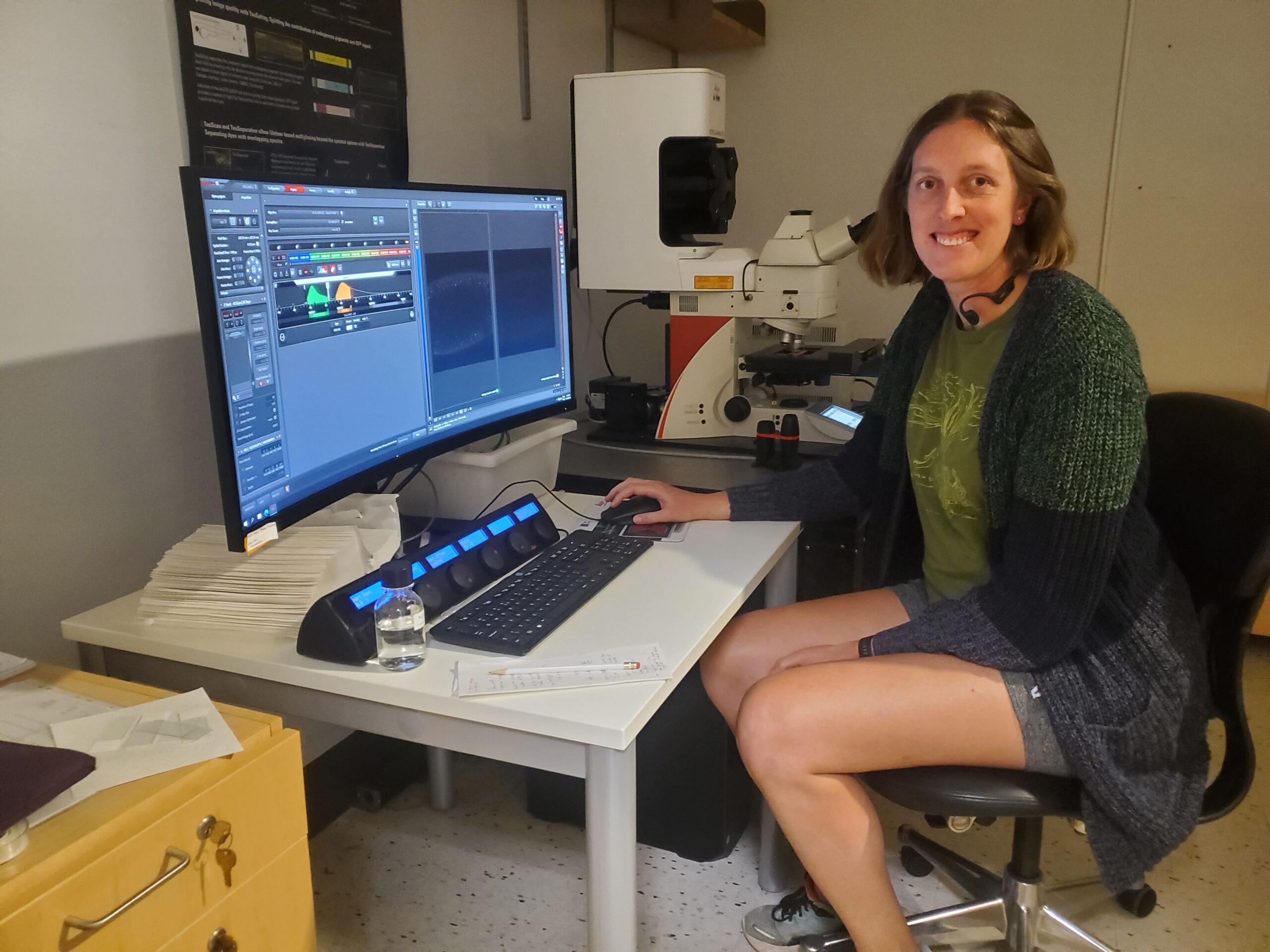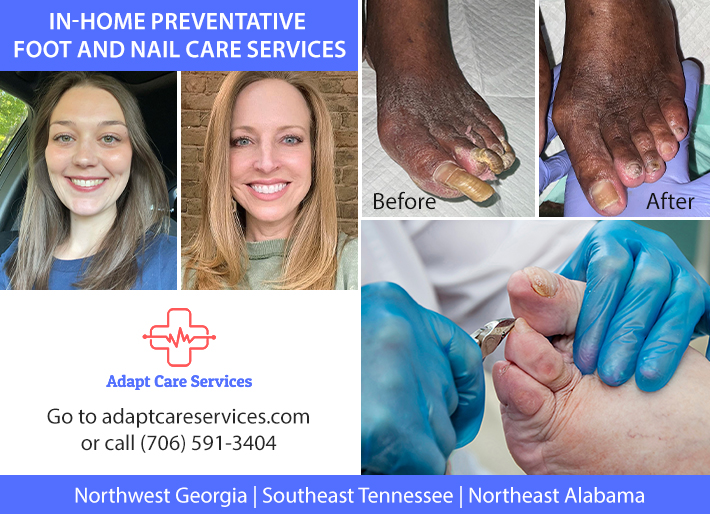
Dr. Susanna Brantley, a 2009 graduate of Chattooga High School, has written a heartfelt op-ed highlighting how her early education in Chattooga County helped shape her journey toward becoming a scientist. In her piece, she reflects on the impact of local teachers, new AP course offerings, and the unique blend of classroom learning and farm life that sparked her love for biology.
After CHS, Susanna earned an Associate’s Degree in Liberal Arts from Oxford College of Emory University, followed by a B.S./M.S. in Biology at Emory and a Ph.D. in Developmental Biology from Stanford University. She is currently a postdoctoral scholar at Duke University in the Cell Biology department, where she studies how cells communicate to form complex organs like the brain.
Beyond the lab, Susanna is passionate about mentoring students, helping them find their passion, and equipping them with the tools to pursue it. In her free time, she enjoys rescuing greyhounds, playing ultimate frisbee, and trying new foods.

Read her op-ed below:















